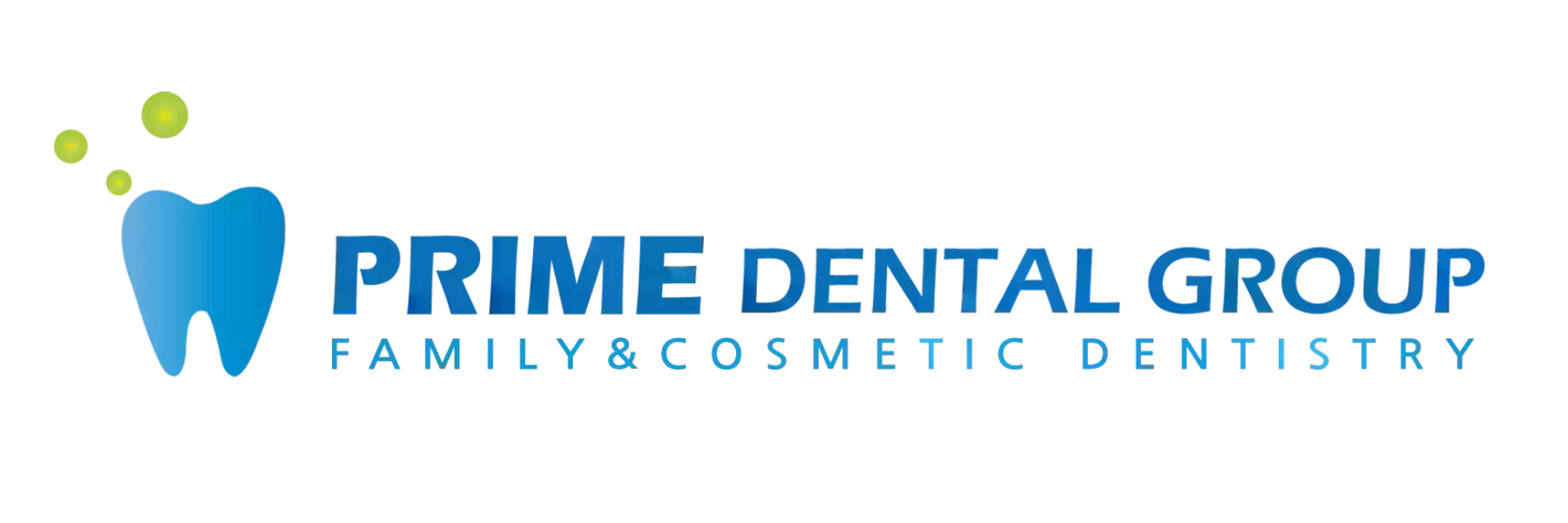The Complete Guide to Bruxism: How to Stop Grinding Your Teeth
Bruxism. I know we’ve all been there. You’re in bed, and you can’t seem to stop grinding your teeth. It’s a cycle of discomfort that starts with tension.
Pain as the muscles in your jaw tense up and finally relief as you wake up from this dream-like state only to find that the damage has already been done.
If you are suffering from night teeth grinding or clenching, you probably found out that your teeth are not wearing evenly because of it. In this case, nightguards may be the solution for you.
Because night guards are an easy way to end these uncomfortable cycles by relieving Bruxism and protecting your teeth from further damage. However, there is still some confusion on what exactly they do and how they work.
In this article, we will explore Bruxism and how a nightguard will be helpful to relieve your Bruxism.
What is Bruxism?
Bruxism is the habit of unconsciously grinding or clenching your teeth. This usually happens when you are asleep or stressed out. Especially at night, your jaw muscles contract during sleep, which can cause more pressure on your teeth. This can lead to a lot of tooth problems. Some teeth get chipped or cracked, some have sensitive gums around them, or maybe the enamel has been worn away.
What is the most common signs of Bruxism?
Bruxism can make your teeth hurt. However, you might not even know you have Bruxism because the pain is not always there. Some signs of Bruxism are:
- Your family complained that you are grinding or clenching your teeth during the night
- You have dull, dull headaches when you wake up in the morning
- You feel jaw soreness from time to time
- You often have facial pain
- You feel tired and fatigue because you couldn’t sleep deeply
Is Bruxism a serious problem?
Occasional teeth grinding is not a big deal, but you can have problems when it happens all the time. You can break your teeth or lose them. It can also cause your tooth enamel to be gone, and in very bad situations, you might even lose some of your teeth.
What is the cause of Bruxism?
There are a variety of reasons for Bruxism, including both physical and psychological causes. The following are some examples:
- Sleep issues (Snoring, talking in sleep, other sleep disorders)
- Psychological problems (Negative emotions like Stress, Anger, and Anxiety)
- Unhealthy Lifestyle (Tobacco, Caffeine, and Alcohol consumption)
- Some medications and neurological conditions
1. Sleep issues
Some people who have sleep disorders like snoring and sleep talking also grind their teeth (Bruxism). You can talk to your doctor about any of these problems for help.
2. Psychological issues
Anger, anxiety, frustration, and stress are reasons that someone might grind their teeth. The American Dental Association says that if you are grinding your teeth because of stress, then reducing the stress will help. One way to reduce stress is through exercise or counseling, or meditation.
3. Unhealthy Lifestyle
It can be challenging to sleep when they drink alcohol, smoke tobacco, or drink caffeine. These things can make it harder to sleep. It is not always this way, though, because Bruxism is also common in children.
4. Some Medications and neurological conditions
Bruxism can be caused by side effects from some medicines and antidepressants and certain neurological conditions like Huntington’s Disease and Parkinson’s Disease. Discuss with your primary doctor if you think one of these things might have caused it.
What is the solution for Bruxism?
The best way to protect your teeth from the damages of Bruxism (teeth grinding and clenching) is with a nightguard. Nightguard is also known as an occlusal guard, dental guards, mouth guards, nocturnal bite plates, or bite splints. Because a nightguard protects teeth from this type of damage by wearing it overnight while sleeping.
Nightguards are a popular treatment for nighttime teeth grinding and clenching. They consist of one or two plastic pieces that cover either the top or bottom set of teeth. You might want to wear them at night before bedtime to prevent tooth damage from occurring due to Bruxism.
Final Thought
Now, you may already know what Bruxism does to your teeth in terms of damage. A nighttime teeth grinding or clenching is a common problem that thousands of people experience every day. This habit usually happens during sleep when your jaw muscles contract due to stress, anxiety, alcohol use, etc. However, everyone knows how night guards work to relieve their symptoms by preventing further tooth damage due to this condition.
In this article, you learned what causes Bruxism and how night guards work to relieve your symptoms. Nightguards are very helpful to prevent teeth from being broken during periods where they’re clenched together too tightly. In the following article, we will discuss nightguards in more detail.
If you have any concerns about grinding your teeth or bruxism, contact your family’s dentist in Bellevue and Lynnwood to control your dental health. To make an appointment, call us at Bellevue Prime Dental (425) 605-3575 or Lynnwood Prime Dental (425) 251-0707 today.
